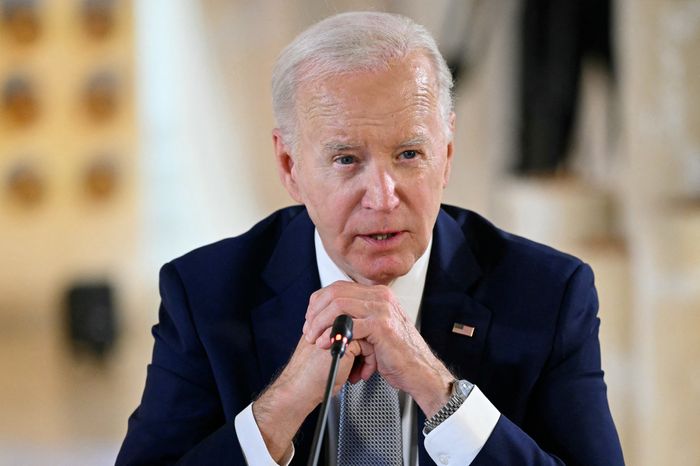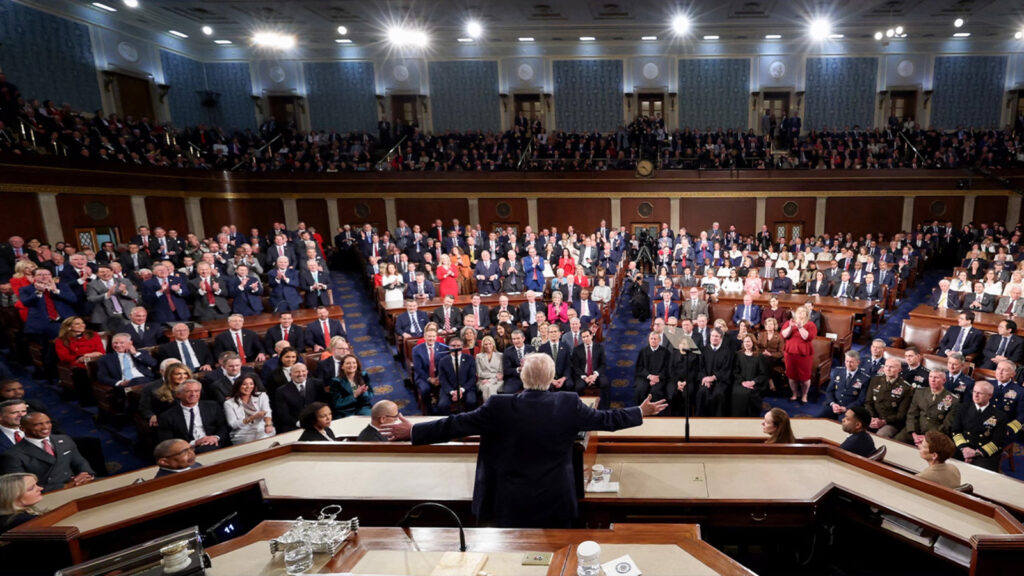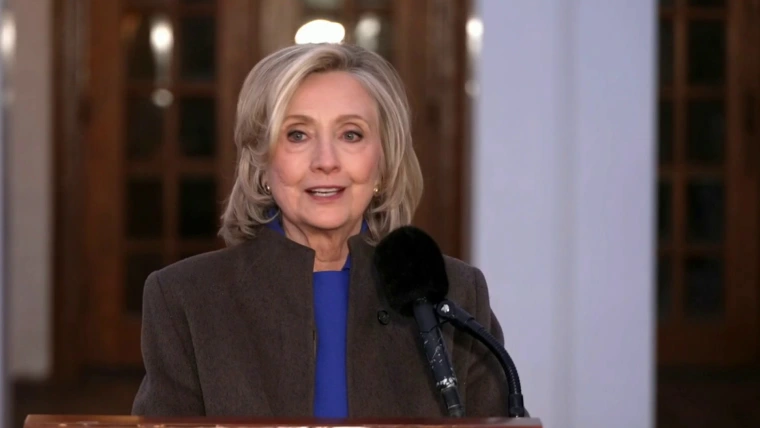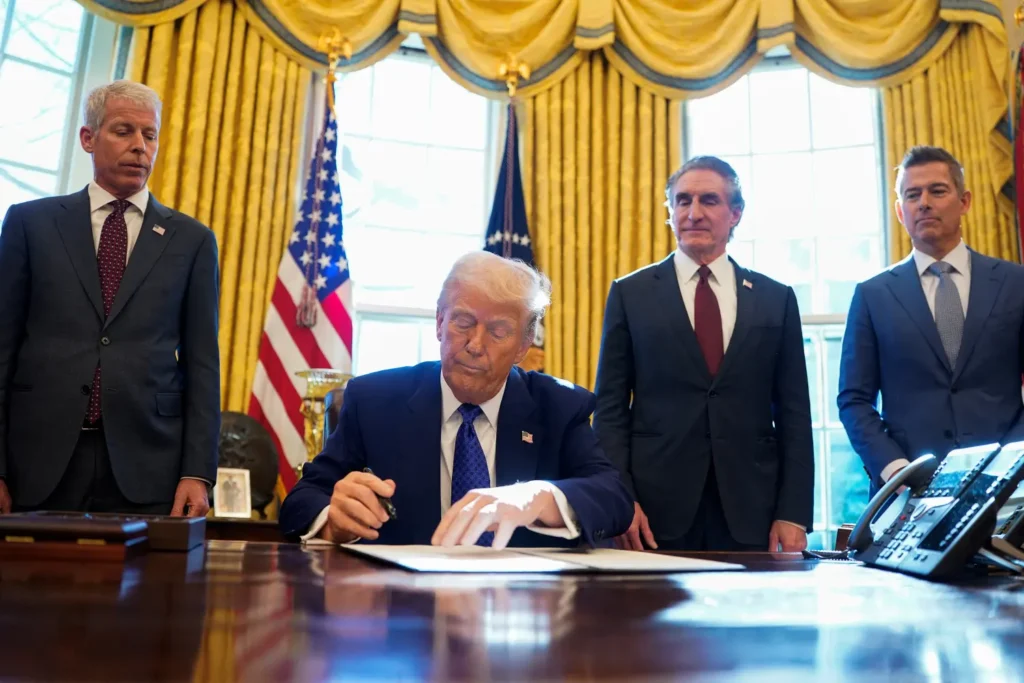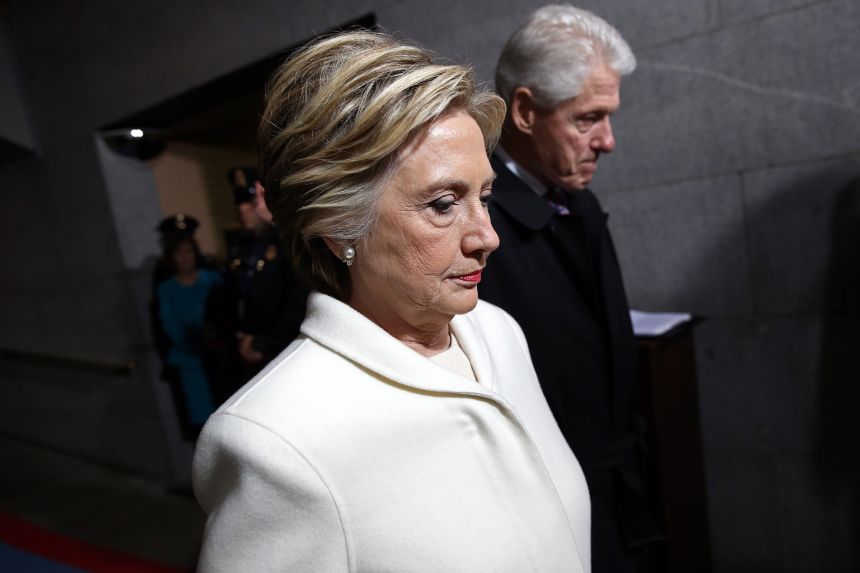President Joe Biden is poised to unveil a new policy that aims to shield hundreds of thousands of undocumented spouses of US citizens from deportation, according to administration officials. This policy will apply to those who have lived in the country for at least ten years and will grant them the legal right to work in the US.
This initiative represents the most significant relief program for undocumented migrants in the US since the Obama administration introduced the Deferred Action for Childhood Arrivals (DACA) in 2012. The White House anticipates that more than 500,000 spouses of US citizens will benefit from the policy, along with 50,000 young people under 21 whose parent is married to an American citizen.
Earlier in June, President Biden pledged to make the US immigration system “more fair and more just.” Immigration remains a primary concern for many voters ahead of the upcoming presidential election in November.
The announcement coincides with an event on Tuesday marking the 12th anniversary of the DACA program, which has protected over 530,000 migrants who came to the US as children, known as Dreamers, from deportation.
On Monday, senior administration officials confirmed that undocumented spouses of US citizens would qualify if they had lived in the country for at least ten years and were married as of 17 June. Eligible individuals will have three years to apply for permanent residency and will be granted a three-year work permit.
The White House estimates that, on average, those eligible for the process have been in the US for 23 years, with the majority having been born in Mexico. They will be “paroled in place,” allowing them to remain in the US while their status is adjusted.
NumbersUSA, an immigration reform group, criticized the new policy as “unconscionable.” The organization’s chief executive, James Massa, stated: “Rather than stopping the worst border crisis in history, President Biden has overreached his executive authority to use an unconstitutional process, circumventing voters and their elected representatives in Congress, to send a message that amnesty is available to those who enter illegally into the United States.”
Alex Cuic, an immigration lawyer and professor at Case Western Reserve University in Ohio, told the BBC that while the action affects a “narrow group,” it marks a “start” for a segment of the US immigrant population that typically faces significant challenges in normalizing their status, even when eligible.
“A good majority of them [would have] to leave the country in order to come back lawfully,” he explained. “It’s like they physically enter the US, but their immigration ‘soul’ doesn’t come with them.” By allowing beneficiaries to parole in place, Cuic added, officials “eliminate the need to separate families” when one spouse must leave the country to apply for lawful permanent residence.
The application process is expected to be open by the end of summer, a senior administration official said on Monday.
The White House is set to streamline and accelerate the visa process for highly skilled undocumented immigrants who have earned degrees from US universities or have secured job offers in their respective fields, including Dreamers.

This announcement follows President Biden’s recent executive order, issued two weeks ago, which allows US officials to swiftly deport migrants who enter the country illegally without processing their asylum claims. The measure will be implemented once a daily threshold is reached, and the border is deemed “overwhelmed,” according to a White House statement.
The American Civil Liberties Union (ACLU) filed a lawsuit against the Biden administration last week, alleging that the action contravenes US immigration law. In response to the criticism, President Biden urged those who find the measure “too strict” to “be patient,” adding, “[In] the weeks ahead, I will speak to how we can make our immigration system more fair and just.”
Aaron Reichlin-Melnick, policy director at the American Immigration Council, noted that while the two announcements “don’t intersect with each other at all,” the recent policy changes could help the administration gain positive media coverage following backlash over the border policy.
“The Biden administration has faced significant criticism for focusing predominantly on new arrivals, leaving many long-term undocumented immigrants struggling with our complicated immigration system,” Reichlin-Melnick explained. “The actions taken by the president in recent weeks seem to address both concerns effectively.”

